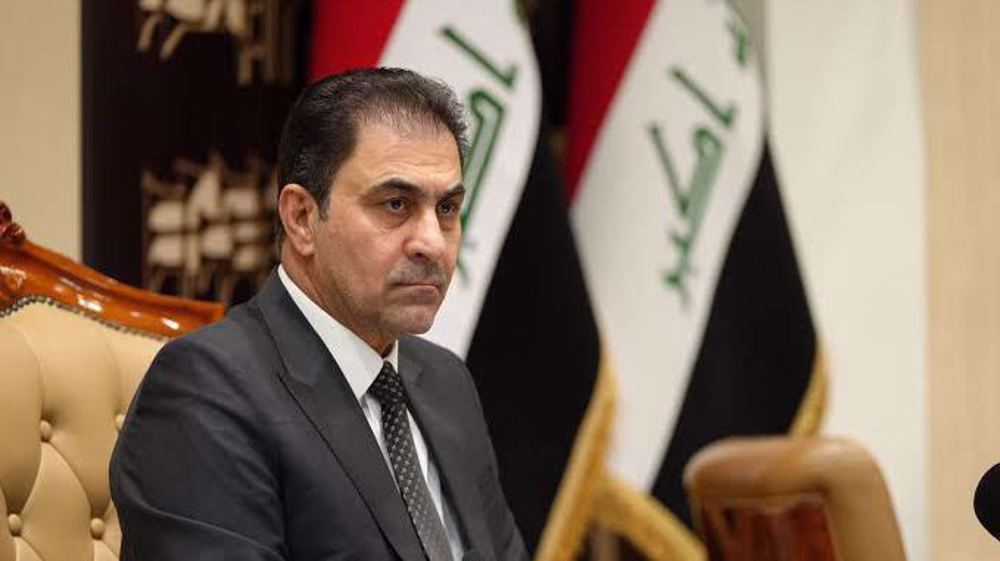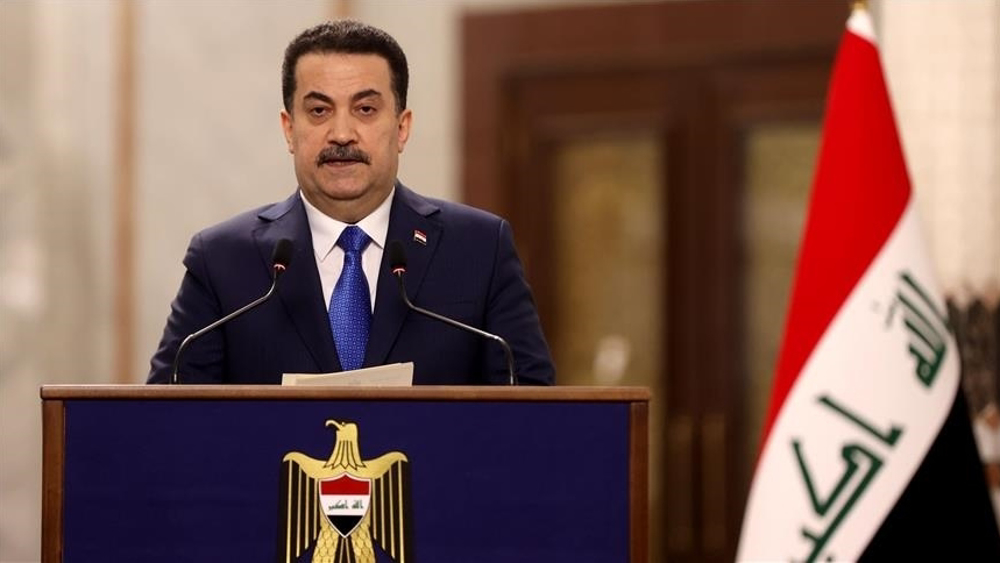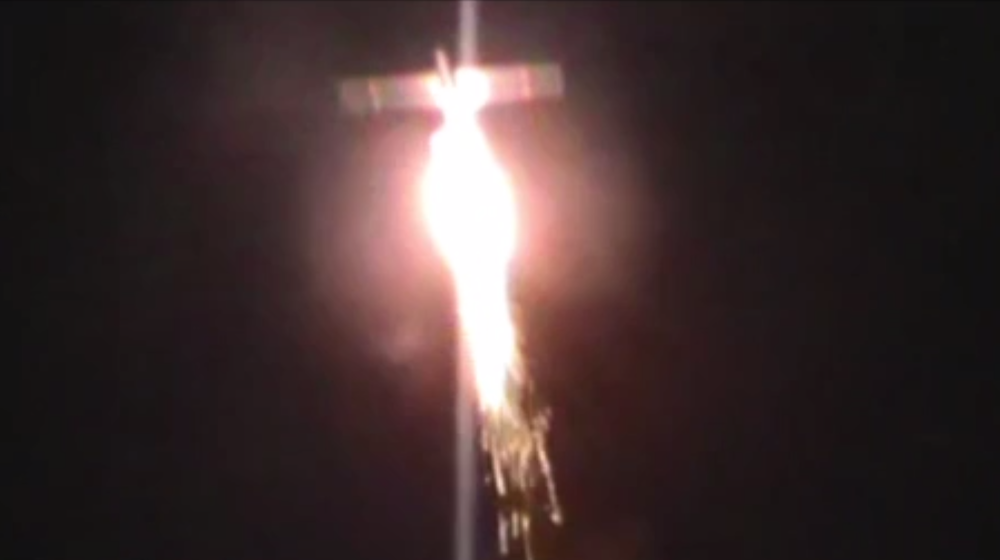Iraqi Supreme Court ratifies parliamentary vote
Iraq's Supreme Court has ratified the outcome of the contested May 12 parliamentary elections in the country, giving the victor, Muqtada al-Sadr and his coalition, a constitutional deadline of 90 days to form a government.
"The Supreme Federal Court issued on the afternoon of Aug. 19, 2018, its decision to ratify the names received," Iraqi Supreme Court spokesman Iyas al-Samouk said in a statement.
The parliament ordered a recount of the votes in June after a government report accused the electoral commission of ignoring widespread violations.
Days later, a huge fire destroyed a building that housed ballot boxes from the vote. Iraqi officials, including Prime Minister Haider al-Abadi, said the fire was an attempt to harm Iraqi democracy.
The recount went ahead as planned and showed little difference from the initial results, giving Sadr a central role in forming the country's next government.
Sadr’s coalition, Sa'iroun, held 54 seats in the 329-seat parliament. Abadi, whose coalition, the Victory Alliance, had won only 42 seats to become third, formed an alliance with Sa'iroun in the aftermath of the election.
The Conquest Alliance, led by former transport minister and secretary general of Badr Organization Hadi al-Ameri, took another seat in the recounting process to raise its tally of seats to 48.
The Conquest Alliance is a new alliance that entered the elections for the first time. It consists of 18 political parties, many of which are former factions of the Popular Mobilization Units (PMU). The PMU, more commonly known by its Arabic name as Hashd al-Sha’abi, was key in defeating Daesh terrorists last year. The main units have handed over their weapons to the state in order to enter the political process.
Daesh unleashed a campaign of death and destruction in Iraq in 2014, overrunning vast swathes in lightning attacks. Iraqi army soldiers and allied fighters then launched operations to eliminate the terrorist group and retake lost territory.
Iraqi lawmakers now have three months to form the new government. To do that, they need to hold their first session and elect a new speaker. From that point, they will have one month to elect a president.
The president will ask the largest bloc in the parliament to elect a prime minister who will form a government.
This is the fourth poll of its kind since the 2003 US invasion, which led to a sharp rise in sectarian tensions and ensuing terror-related violence in Iraq.
The next prime minister will face the huge task of rebuilding a country shattered by the war against Daesh and the US invasion.
VIDEO | Press TV's news headlines
Iran FM: Response to Israeli aggression 'inevitable'
VIDEO | Iran eases the rules for exporting hand-woven carpets
VIDEO | Intl. Day for the Elimination of Violence against Women: A stark reminder of Gaza women
Australia denies ex-Israeli minister Shaked visa
VIDEO | 85% of Yemeni displaced people face daily hunger crisis
US House passes bill targeting charities and pro-Palestine groups
VIDEO | Supporting Gaza genocide












 This makes it easy to access the Press TV website
This makes it easy to access the Press TV website